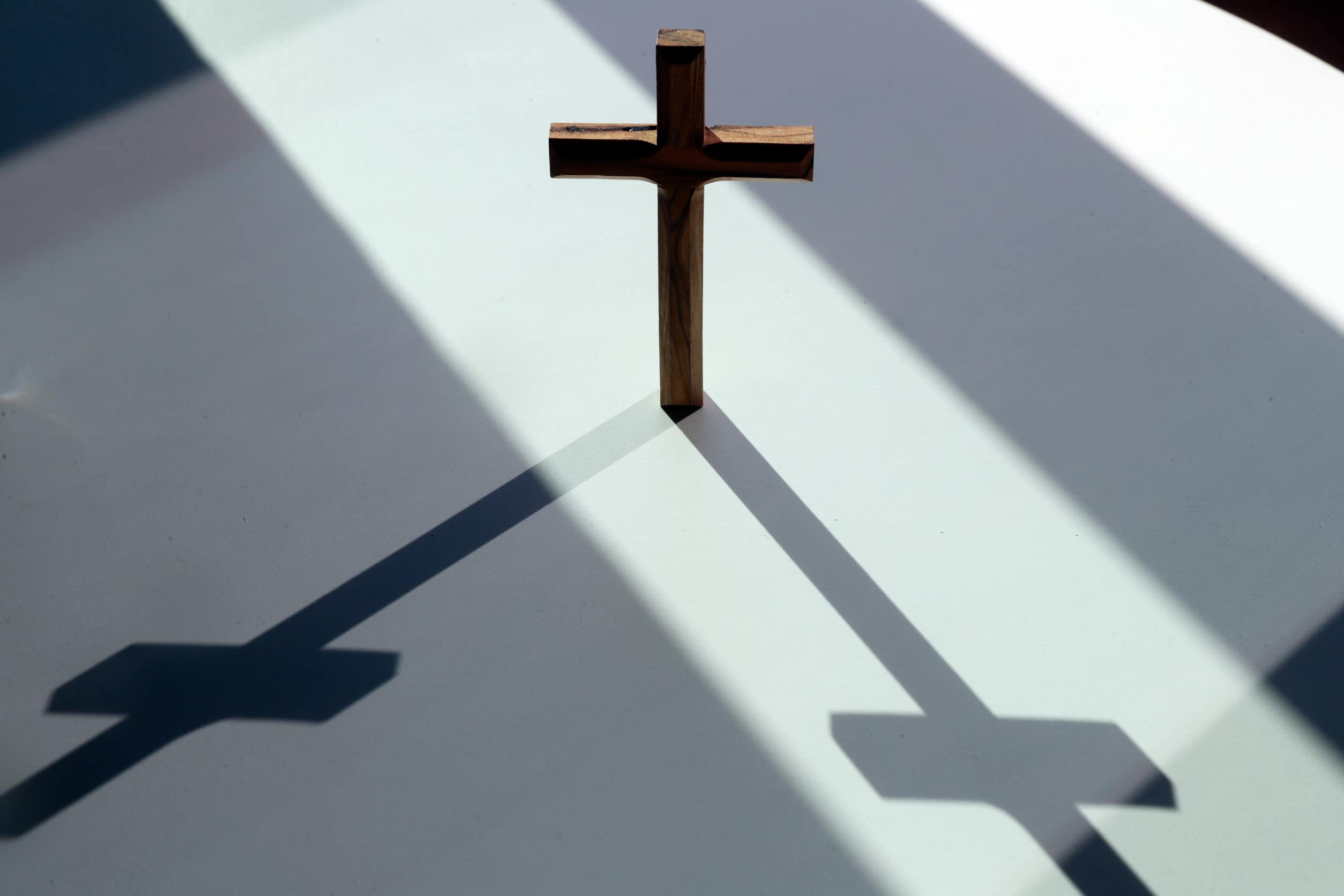
The journey to recovery from drug and alcohol addiction is a deeply personal and often challenging path. In faith-based rehabilitation, different religious traditions offer distinct approaches. Join us on a journey of discovery as we delve into the intersection of faith and recovery, exploring how Orthodox, Seventh-Day Adventist, Evangelical, and Jehovah’s Witnesses traditions provide individuals with a framework for healing and renewal on their quest toward sobriety.
Importance of Faith-Based Drug and Alcohol Rehab
Faith-based drug and alcohol rehab programs stand out as powerful tools for transformation. Rooted in the principles of various religious traditions, these programs recognize the profound impact of spirituality on the recovery journey. In this exploration, we delve into the importance of faith-based rehab, examining how the fusion of spiritual principles, community support, and personal growth contributes to a holistic path toward sobriety.
As we continue to explore diverse paths to recovery, the significance of faith-based rehab stands as a testament to the enduring power of spirituality in the quest for a life free from the bonds of addiction.
Understanding the Orthodox Approach
Orthodox drug and alcohol rehab is firmly rooted in the principles of the Eastern Orthodox Church, which has a rich history dating back to the early days of Christianity. At its core, this approach views addiction as a multifaceted issue, involving the interplay of physical, psychological, and spiritual elements. Unlike some secular rehabilitation programs, the Orthodox approach recognizes the profound impact spiritual well-being can have on an individual’s recovery journey.
In the eyes of the Orthodox Church, temptation seeks to make sin alluring, and alcohol abuse and drug addiction are viewed as societal problems demanding collective action. Addiction, as per Orthodox theology, not only jeopardizes life on Earth but also imperils eternal life by ensnaring individuals in the shackles of sin. Recovery, defined as sobriety, is portrayed as a pursuit of honest, disciplined, and moderate living—a path that requires casting aside recurring sin and addiction and relying on God’s mercy and redeeming grace.
The Role of Faith
Central to Orthodox drug and alcohol rehab is the integration of faith into the recovery process. Participants are encouraged to reconnect with their spiritual selves, seeking solace and strength in their relationship with God. Prayer, meditation, and reflection become integral components of daily life, providing a sense of purpose and guidance.
Community Support
Orthodox drug and alcohol rehab places a strong emphasis on community support, mirroring the communal nature of the Orthodox Church itself. Individuals undergoing rehabilitation become part of a close-knit community that fosters understanding, empathy, and a shared commitment to recovery. The communal aspect provides a sense of belonging and accountability that is crucial in the journey to sobriety.
Counseling and Confession
Another unique feature of Orthodox drug and alcohol rehab is the inclusion of spiritual counseling and confession. Participants engage in regular sessions with clergy or trained counselors who provide guidance, encouragement, and a non-judgmental space for self-reflection. Confession, in particular, allows individuals to openly acknowledge their struggles, fostering a sense of humility and accountability. Fasting, another integral aspect, fosters concentration on prayer and worship.
